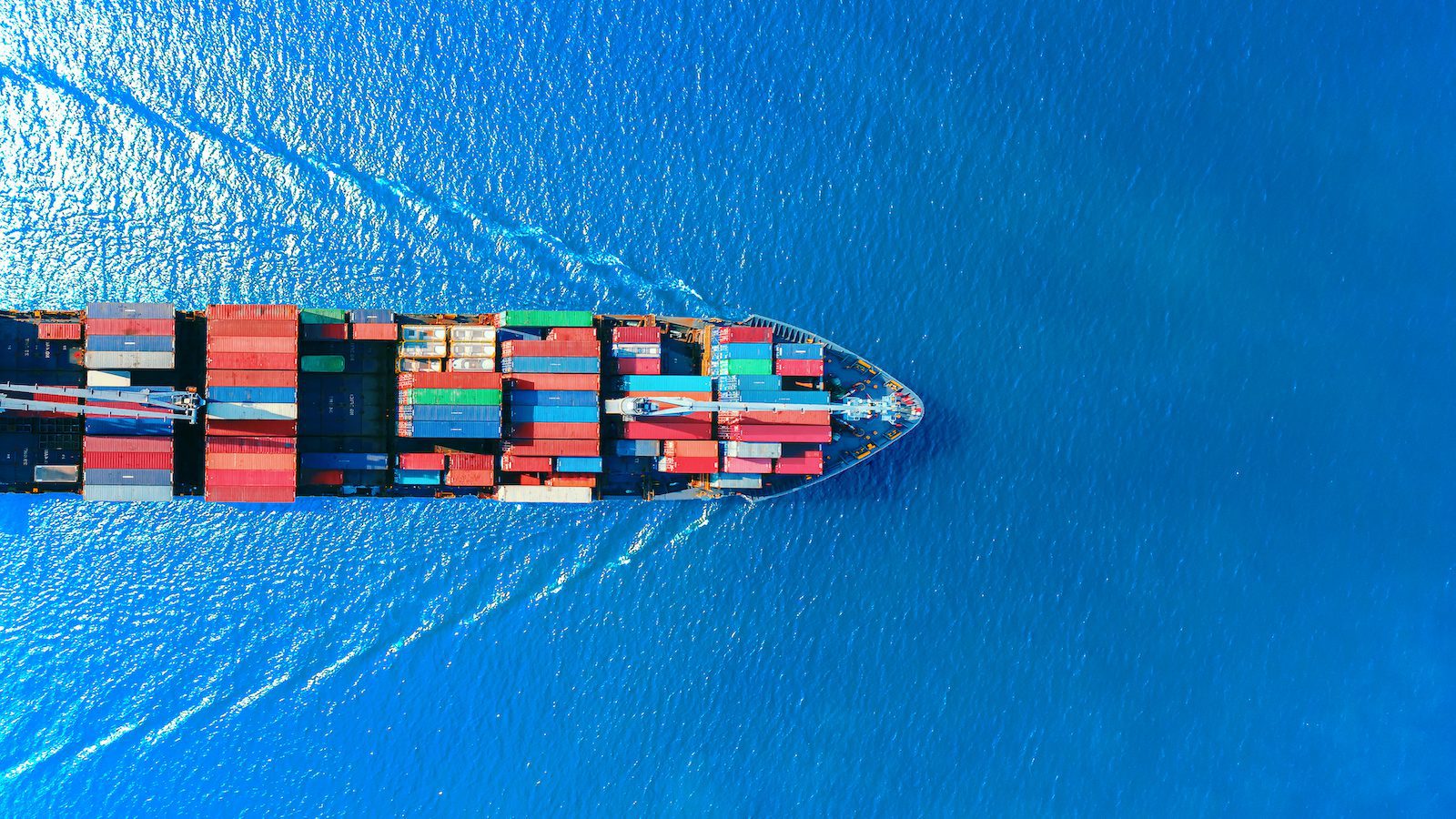The West’s Squeeze on Russian Tankers Gets Tighter
By Julian Lee (Bloomberg) — Another week, another gentle turning up of the heat by Group of Seven nations on the fleet of tankers moving Russian petroleum around the world, writes...


Stock Photo: Studio concept/Shutterstock
The price gap between sustainable shipping fuels and conventional fossil fuels is expected to narrow and could achieve cost parity as early as 2035 with the help of decisive policy action, according to new report by technology group Wärtsilä.
Closing the cost gap between fuels could be a transformative breakthrough for the shipping industry, which is aiming to reduce emissions to meet new regulations and environmental targets. The Wärtsilä report suggests that decisive emissions policies, including carbon taxes and emissions limits, may be key.
The study “Sustainable fuels for shipping by 2050 – the 3 key elements of success” finds that the EU Emissions Trading Scheme (ETS) and FuelEU Maritime Initiative (FEUM) could cause fossil fuel costs to more than double by 2030. By 2035, these policies could level the price gap between fossil fuels and sustainable alternatives.
Shipping, which transports 80% of world trade, contributes 2% of global emissions. If left unchecked, the reports these emissions could rise by over 45% by 2050.
The International Maritime Organization (IMO) has set a goal to achieve net-zero emissions by 2050. Wärtsilä’s report suggest existing decarbonization solutions could cut up to 27% of emissions, with sustainable fuels eliminating the remaining 73%.
The report highlights a “chicken and egg” dilemma: where ship owners hesitate to commit to costly, small-scale fuels that may be replaced by more affordable alternatives, while suppliers struggle to scale production without clear demand signals.
Wärtsilä’s report proposes a timeline for the availability and cost of various fuels and recommends decisive policy action, both on an industry and individual operator level.
Roger Holm, President of Wärtsilä Marine & Executive Vice President at Wärtsilä Corporation, said achieving net zero in shipping by 2050 would require sustainable fuels, policy changes, and industry-wide coordination.
“As an industry, we must focus on coordinating action across policymakers, industry and individual operators to bring about the broad system change required to quickly and affordably produce a mix of sustainable fuels. Policy in Europe is showing just how impactful action at the international level can be, closing the cost gap between fossil- and low-carbon fuels for the first time,” said Holm.
The report calls for clear, internationally agreed upon pathways for phasing out fossil fuels, global industry standards for marine fuel carbon pricing, and increased global collaboration.
Holm emphasized that smaller operators have a significant role in the push towards net-zero emissions shipping. Taking steps to improve fuel efficiency and invest in fuel flexibility can deliver immediate returns, reducing both emissions and operating costs.
You can download the report here.
Join the gCaptain Club for curated content, insider opinions, and vibrant community discussions.


Join the 107,355 members that receive our newsletter.
Have a news tip? Let us know.
Access exclusive insights, engage in vibrant discussions, and gain perspectives from our CEO.
Sign Up




Maritime and offshore news trusted by our 107,355 members delivered daily straight to your inbox.



Essential news coupled with the finest maritime content sourced from across the globe.
Sign Up